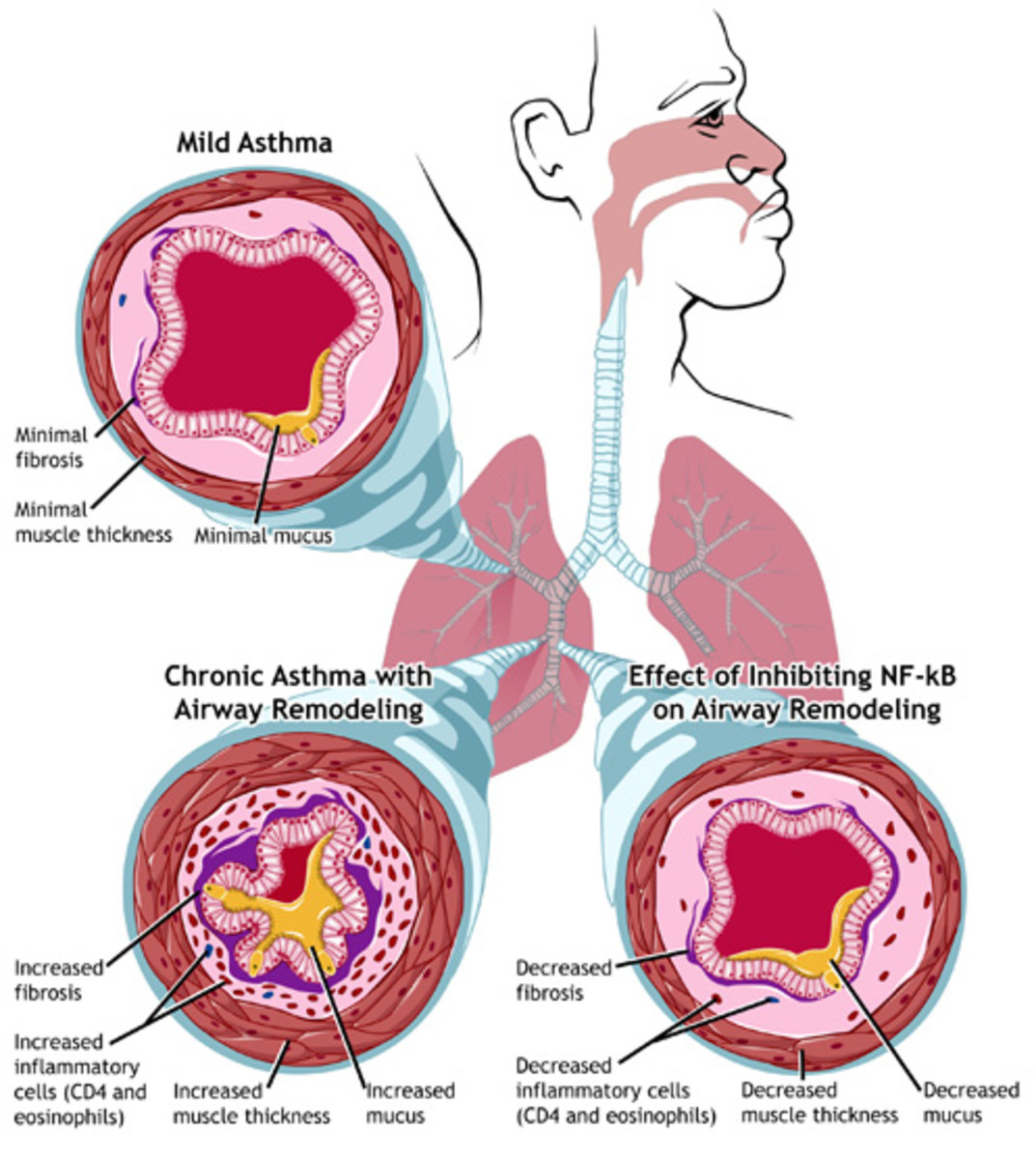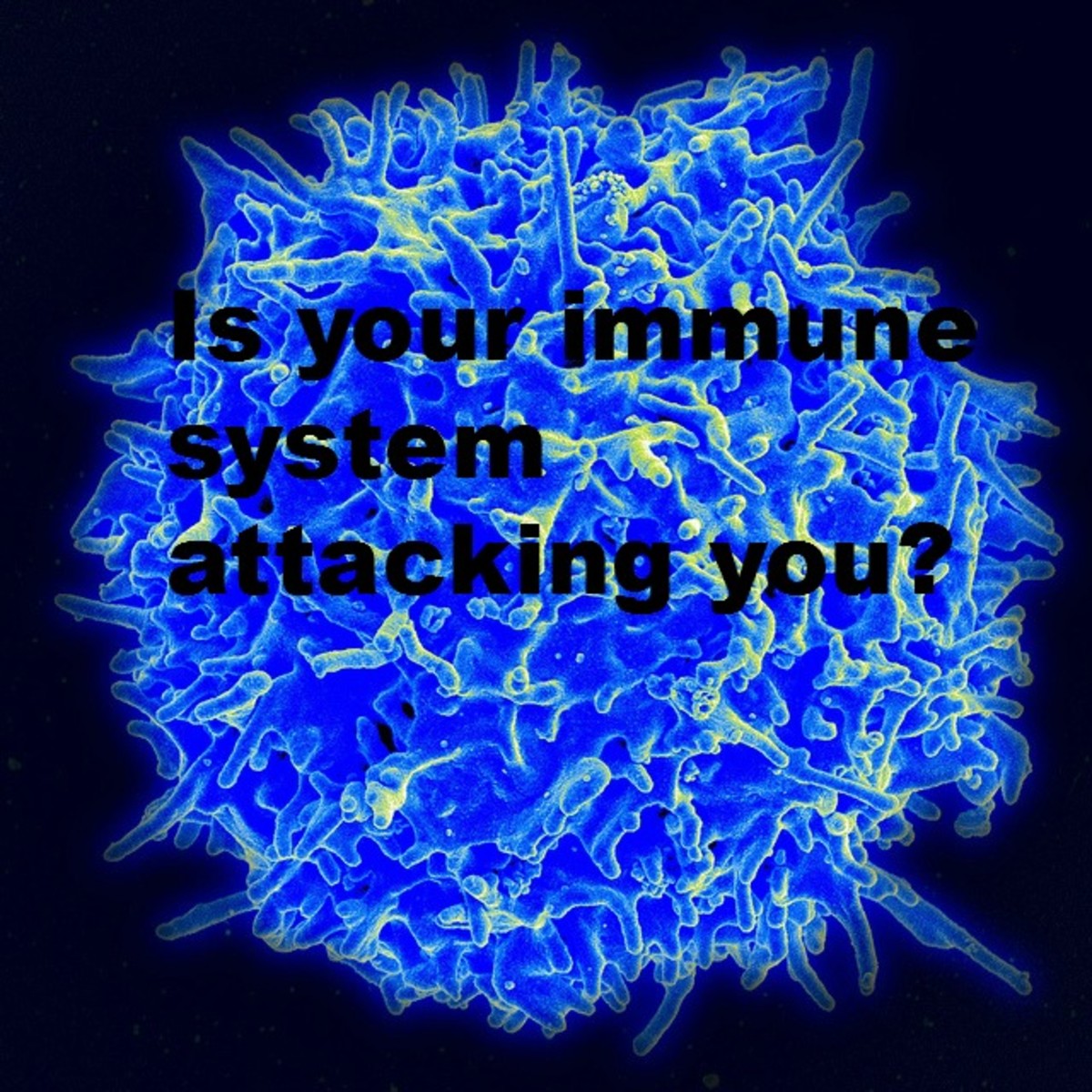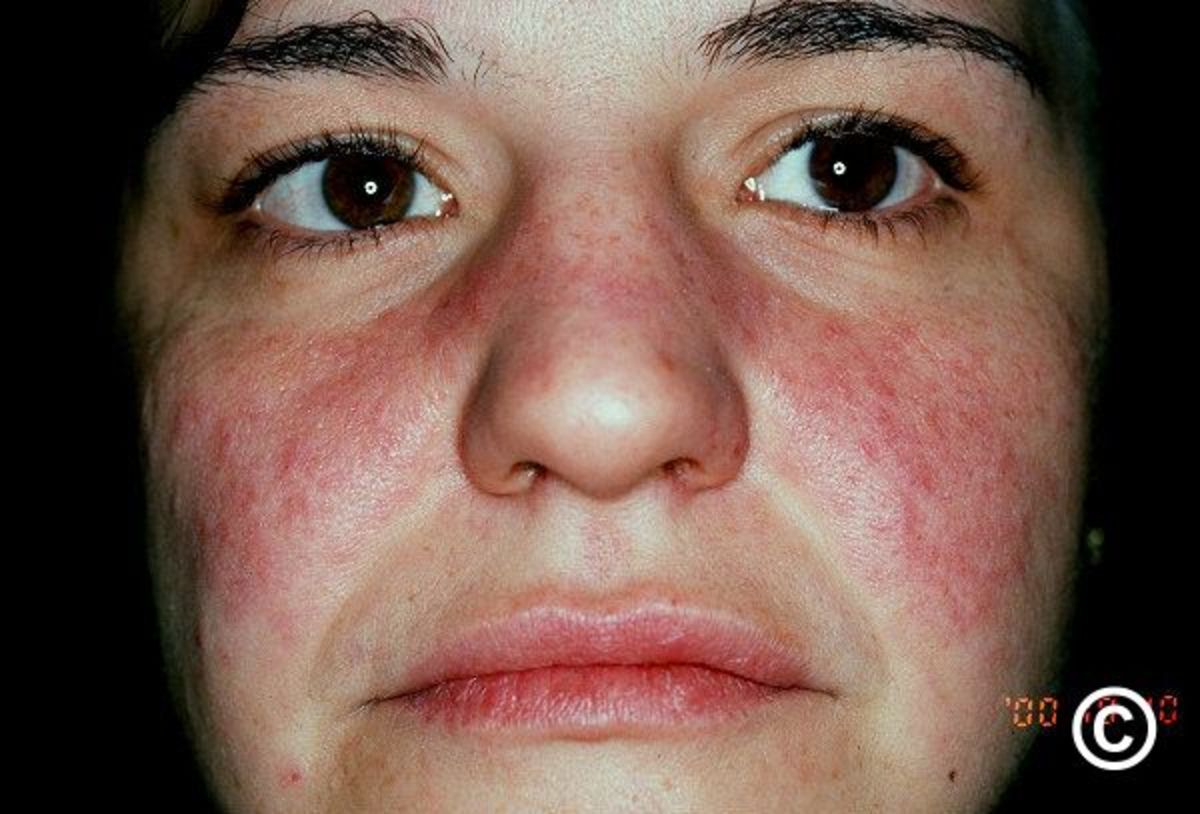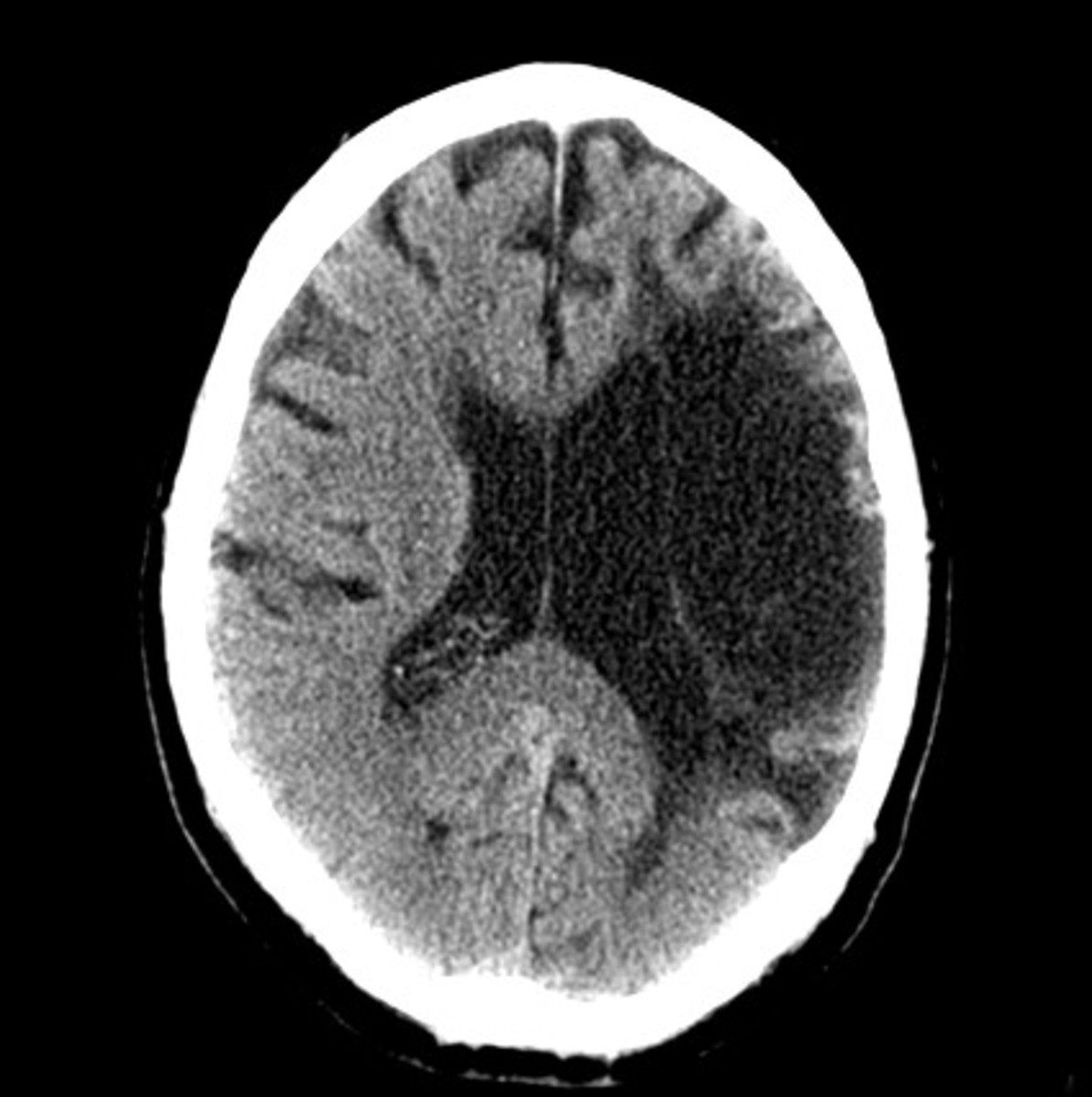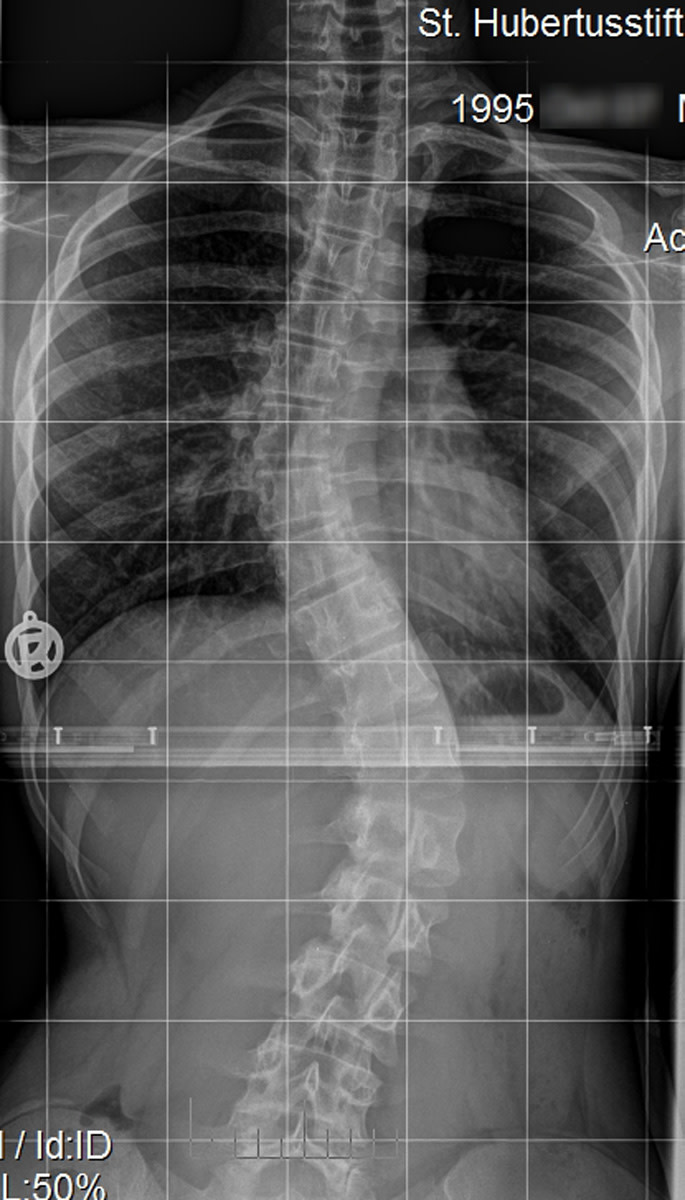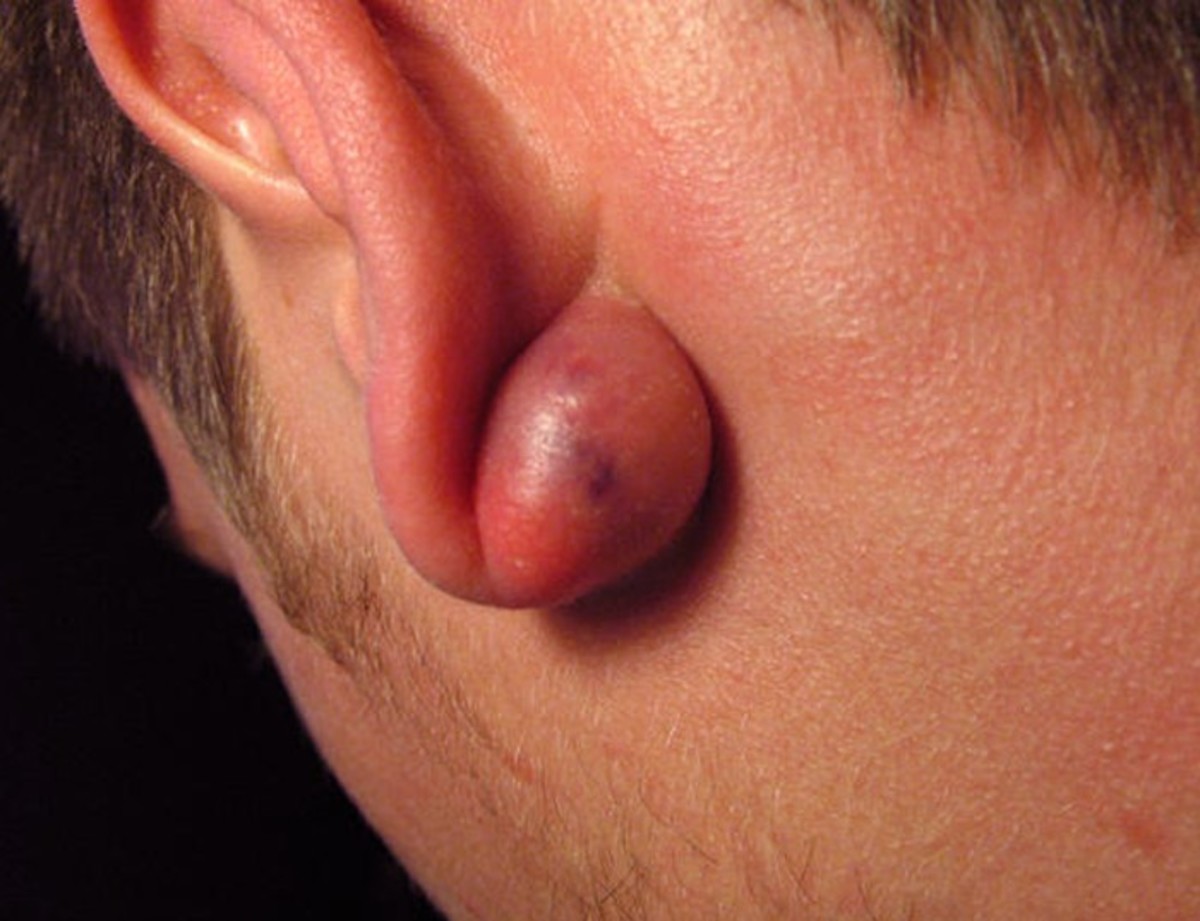What is Asthma?
Asthma's a Worldwide Epidemic
This article is a brief overview of asthma basics, triggers, treatment and management. Asthma is a complex disease, with many mechanisms that are not yet fully understood. Researchers are working diligently to find the reason asthma's become a worldwide epidemic, with numbers of diagnosed patients climbing each year.
World Asthma Statistics
Chances are you know someone who has asthma; possibly a friend or relative, or even yourself. Asthma has become a worldwide epidemic. According to the World Health Organization (WHO) 235 million people suffer from asthma around the world, making asthma the most common noncommunicable disease in the world.
U.S. Asthma Statistics
According to the Centers for Disease Control and Prevention (CDC), 17.7 million (or 7.4%) of adults in the U.S. have asthma. In addition, 6.3 million (or 8.6%) of U.S. children have asthma. There are 3,630 deaths caused by asthma in the U.S. each year, averaging 1.1 deaths per 100,000 people.
Asthma is the most common childhood disease. However, asthma can strike at any time in your life, even if you have never previously had asthma.
Asthma, My Kids and Me
My first experiences with asthma came when my kids were little. One daughter was diagnosed when she was 8 years old, while her older sister was diagnosed with asthma when she was 14. I was first diagnosed with asthma when I was 40 years old.
Healthcare Professionals and Asthma Education
Our doctors didn’t offer much helpful information about asthma. I was told how to give the medicine to my kids and that's about it. Without the proper knowledge, any health condition is difficult to take care of and manage. I personally had friends who had experience with their own or their kids' asthma. They were a helpful source of information; however, I needed more information on how to cope with the specific types of asthma the kids and I had.
Asthma varies from person-to-person, which makes "one-stop buffet" asthma management almost impossible. What works for one asthma patient may not work for another asthma patient, even if they have similar types of asthma.
Self-Education is Key
As a result, I began a process of self-education about asthma, which continues to this day. I’ve spent close to 15 years studying asthma. I share the things I’ve learned on BellaOnline’s asthma site, where I’m the contributing editor.
Asthma Inhaler

Asthma is an Incurable Lung Disease
What is Asthma?
Asthma is a chronic lung disease, causing life-changing and occasionally life-threatening symptoms. Hypersensitivity to harmless substances leads to inflammation in the lungs. Continuous inflammation causes permanent changes to lung tissue.
The inflammation is caused by contraction of smooth muscle tissue that surrounds the airways. The tightened smooth muscle bands then cause narrowing or obstruction of the airways. The airways also fill up with excess mucus, further making it difficult to breathe. When the airways become narrow and obstructed, an asthma patient begins to feel shortness of breath, chest tightness and other symptoms of an asthma flare or attack.
Asthma Symptoms
Many people may not even recognize some of these symptoms as being related to asthma. Typical asthma symptoms can include:
- Moodiness
- Headache
- Changes in breathing
- Wheezing
- Coughing
- Runny or stuffy nose
- Chin and/or throat itchiness
- Dark circles under the eyes
- Chest tightness
- Shortness of breath
- Feeling tired
- Trouble breathing during exercise
- Falling peak flow
These symptoms are early warning signs of an asthma exacerbation or flare. You might feel a little irritable and/or tired when an asthma flare begins. You won't necessarily feel short of breath at this point. Once you've been through asthma flares a few times, you begin to recognize your body's warning signals, which can help you to begin treating asthma flares earlier.
A severe asthma attack typically involves the following symptoms:
- Gray or bluish coloration of the skin (cyanosis)
- Lack of concentration
- Walking or talking causes shortness of breath
- Retractions (muscles in the neck are and down to the below the ribs go inward—retract)
- Peak flow falls to 50% of personal best
- Breathing becomes shallow and faster
These are considered life-threatening asthma attack symptoms. At this point, it’s time to call the doctor and/or head to the nearest hospital emergency room.
Not all asthma patients have the same symptoms; asthma varies from person-to-person. This is why it may take some time for a doctor to make an asthma diagnosis.
My Kids' Asthma Symptoms
In my own situation, my youngest daughter had bronchitis-like symptoms during the winter she turned 8 years old. The doctor tried many different types of antibiotics, and nothing helped. When spring came and my daughter was no better, the doctor finally decided it was time to try an emergency inhaler and liquid albuterol to see if these medications might help her breathing. Sure enough, after the first dose of her inhaler, my daughter “came to life,” with rosy cheeks, with an increased interest in playing and being a kid again. The results were that dramatic.
My Asthma Symptoms
My asthma was not diagnosed until I was 40. This is not a rare occurrence, as many women develop asthma in mid-life or after menopause. According to my doctor at National Jewish Research Hospital, in Denver, I have had asthma all my life. No one would have believed it, even though I was constantly sick with bad bouts of croup and bronchitis as a kid. There were other signs I had asthma, but back when I was a kid, if a person didn’t wheeze, they didn’t have asthma. I have cough-variant allergic asthma, along with a couple other forms of asthma.
Have you been diagnosed with asthma?
Is your asthma controlled and stable?
Asthma Types
Different Types of Asthma
Just as there are several different asthma symptoms, there are also several different types of asthma. With all these variations in asthma, it may take your doctor some time to make an asthma diagnosis. In addition, some asthma symptoms can also be indications of other diseases and conditions.
Here’s a list of the different types of asthma:
Allergic Asthma: this is the most common type of asthma. Allergies and asthma share the same processes that cause inflammation. Some substance, also known as a trigger, can set off the body’s immune system. The immune system sees the normally harmless substance as an intruder that must be dealt with. Immune cells in your body begin to give off histamines, which then cause allergy and asthma symptoms, including inflammation of the airways of the nose and lungs.
Cough-variant Asthma: is caused by typical asthma triggers that causes a harsh cough, rather than wheezing. The cough is typically non-productive (not wet, no mucus). This type of asthma can take place at night or in the day.
Occupational Asthma: caused by asthma triggers at a person’s work. People who have this type of asthma notice increased symptoms when they go to work. These symptoms usually improve once a person is away from work.
Exercise Induced Asthma: this type of asthma is caused by exercise that brings on asthma symptoms. This type of asthma is common, and is typically treated by using a rescue inhaler about 15 minutes before exercising.
Nocturnal Asthma: is caused by asthma triggers and worsens at night. A person with this type of asthma typically has sinus problems, GERD (acid reflux) and may experience airway cooling at night, when the body’s temperature decreases.
Brittle Asthma: is one of the most severe and least understood forms of asthma. This type of asthma can quickly go from being stable to very quickly
One person can have different types of asthma, with different triggers. For instance, I have exercise induced asthma, nocturnal asthma, cough variant asthma and allergic asthma. Each of my kids has a slightly different combination of asthma than I do.
Asthma Severity Classifications
Mild Intermittent: this form of asthma is the mildest, though it's also one of the most commonly diagnosed forms of asthma. Mild intermittent asthma may have symptoms one or two days a week, and have nighttime symptoms one or two nights a month.
Mild persistent: patients with this form of asthma may experience symptoms two days a week, though not daily. They may also have some asthma symptoms at night about 3-4 nights a month. Mild persistent asthma is generally treated with daily low-dose inhaled corticosteroid, along with a rescue inhaler when needed.
Moderate Persistent: asthmatics with this form of asthma typically experience daily symptoms, and may have asthma trouble more than one night a week. Daily use of a rescue inhaler is common in this form of asthma, with symptoms interfering with a patient’s daily activities. Moderate persistent asthma is generally treated with a daily inhaled corticosteroid/long-acting beta agonist combination medication, a rescue inhaler, and may also include a leukotriene inhibitor to manage and control asthma symptoms.
Severe persistent: this form of asthma is the most severe; patients typically have daily symptoms and have a difficult time gaining control of their asthma once it flares up. Severe persistent patients generally experience symptoms every night and need to use their rescue inhaler several times a day. A patient’s daily activities become more difficult. Treatment may involve the use of a high-dose inhaled corticosteroid/long-acting beta-agonist combination. In addition, these patients may be treated with a leukotriene inhibitor, theophylline and other medications.
Asthma Symptom Infographic
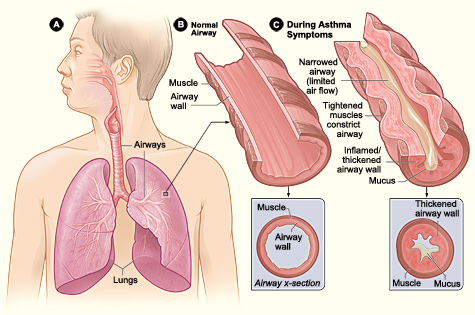
Asthma Fast Facts
- Asthma is an incurable lung disease that's manageable with medication and asthma management.
- Asthma is triggered by certain substances that cause inflammation of the airways. These substances are known as "asthma triggers." Typical triggers include allergens, chemical substances, odors and perfumes, exercise, strong emotions, respiratory infections and weather changes.
- Asthma can be treated with a variety of asthma medications; these are typically a combination of short- and long-acting bronchodilators and steroids.
- An asthma management plan is a key part of asthma treatment. Properly managed asthma helps to keep asthma stable and controlled most of the time.
What Causes Asthma?
Asthma Triggers
Scientists and doctors are not sure of the exact causes of asthma. However, it is known that asthma is “triggered” by certain environmental factors. These are known as “asthma triggers.” Just as there are different types of asthma and asthma symptoms, there are many different asthma triggers. Again, these will vary for each person. The most typical asthma triggers are:
Allergens: indoor and outdoor (such as dust, dust mites, pollen, mold, pet dander, and air pollution)
Strong odors and perfumes: indoor and outdoor (such as second hand smoke, air pollution, and paint fumes)
Strong emotions: laughter, crying, hatred, anger, etc. can bring on asthma symptoms. Some asthmatics who laugh (I’m one of these!) can go directly into an asthma flare or attack.
Exercise: may bring on asthma symptoms only when a person exercises. It may be brought on by cold, dry air, or even by hot humid air. Aerobic exercise, such as jogging, can bring on an asthma attack just because of hard breathing. Along with this, there are some asthmatics who experience asthma trouble during sexual activity.
Medications: there are certain medications that can cause asthma in those who may be allergic to the ingredients. The most common asthma-causing medications are: ibuprofen, naproxen, beta-blockers, high blood pressure, and ACE inhibitors.
Respiratory infections: are another common cause of asthma symptoms. Colds, flu, RSV, sinus infections, bronchitis, bronchiolitis and other infections commonly make asthma worse.
Weather changes: may also bring on asthma symptoms. The most common weather that causes asthma symptoms are temperature changes, humidity levels, thunder storms and more.
Asthma Explained
Asthma Treatments
How is Asthma Treated?
Asthma is an incurable disease, but can be successfully managed to allow most asthmatics to lead normal lives. A patient’s asthma treatment depends on the type of asthma they have, how severe it is and their asthma triggers.
No matter what type of asthma you have, your asthma treatment will involve asthma medication(s) and an asthma management plan.
I'm an Asthma Chick
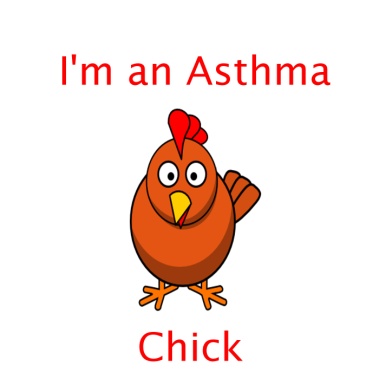
Asthma Medications
Thankfully there are many types and combinations of medications to treat asthma. Medications to treat asthma typically include anti-inflammatory drugs (such as corticosteroids) and bronchodilators.
Bronchodilators: do just what the name suggests—they are used to dilate the airways in the lungs. When asthma symptoms begin, the smooth muscle bands around the airways begin to tighten, causing asthma symptoms. Bronchodilators relax these smooth muscles of the airways, which opens up the airways, making it easier to breathe. Bronchodilators come in two kinds: short- and long-acting. Short-acting bronchodilators are typically used when you begin to have asthma symptoms. Albuterol is a common asthma medication typically used in a rescue inhaler. Long-acting bronchodilators work for several hours at a time, and are typically combined with an inhaled steroid to fight the inflammation in your lungs. An example of a long-acting bronchodilator/steroid combination is Advair.
Anti-inflammatory medications: work to keep the inflammation process in check. These drugs help to prevent an asthma attack, but are not used to treat a sudden onset of an asthma flare or attack. Advair contains an anti-inflammatory medication. Prednisone is another example of a steroid used to help asthma patients.
Peak Flow Meter
Asthma Management
Asthma management is the most important methods to treat asthma. The goal of asthma management is to lower the number and severity of asthma flares and attacks. Not only does asthma management keep you from having as many asthma symptoms, you can save money by avoiding visits to the doctor and the emergency room. In addition, you can have better quality of life. Most asthma patients go on to lead happy, normal lives. Many Olympians and professional athletes are able to keep competing, in spite of asthma.
Asthma management includes the following:
- Avoidance of all known asthma triggers.
- Use of a peak flow meter to measure your asthma as often as directed by your doctor.
- Use of a spacer with your emergency inhaler.
- Keeping a daily asthma journal of symptoms, peak flow measurements and what you believe set off your asthma.
- Following your asthma action plan when you begin to experience asthma symptoms.
- Taking all asthma medications as directed by your doctor.
- Exercising and eating right to keep your body strong, keep the weight off and stay healthy.
Life with Asthma
After making an asthma diagnosis, it will take some time to find the right combination of asthma medications that will work together with asthma management to keep your asthma stable and controlled.
My Life with Asthma
When I was first diagnosed with asthma, it felt as if the world came crashing down on me. How could I have asthma, and no one found it until I was 40? I went through the phases of grief that are common to those who are diagnosed with a chronic illness. However, once the doctor and I worked through the process of finding the right combination of medications, I learned to manage my asthma and have been on the go ever since. I’ve managed to stay busy and active, and have even learned how to live with asthma as an expat, in the Czech Republic. Life’s still an adventure, but I do have to take care of my asthma—every day—in order to keep it as stable and controlled as possible.
You Can Still Lead an Active and Full Life with Asthma
An asthma diagnosis doesn’t mean the end of your life; rather it can mean you’ll have a fuller life. Once you know what’s causing your asthma symptoms and you have the proper treatment and asthma management plan in place, you’ll begin to feel better. Self-education is a part of this process, too; as you gain knowledge, you’ll feel more confident in dealing with your asthma every day. You’ll have up and down days with your asthma, but with proper medication and management, you’ll be able to life to the fullest—in spite of asthma.
Further Information
- Amazon.com: Asthma's Nothing to Wheeze At! eBook: Sherry Vacik: Kindle Store
You can find more detailed information on asthma management in my ebook: Asthma's Nothing to Wheeze At! - Kindle edition by Sherry Vacik. - Asthma Help and Information
You can find more information about asthma on BellaOnline's asthma site! Join the forum and sign up for our free free newsletter that goes out when new articles are available on the site.
Join HubPages!
Join HubPages and create hubs that will earn you passive income! Give it a try by signing up today!
© 2014 Sherry Vacik


